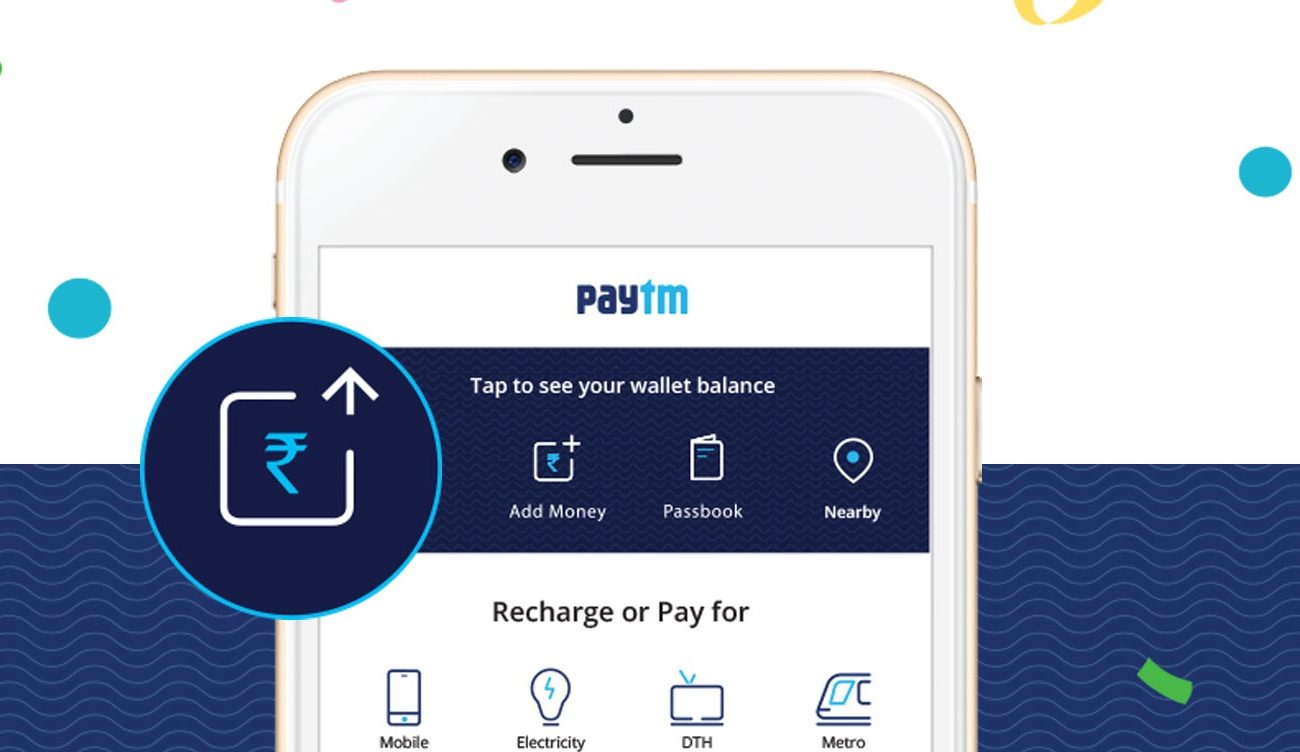
Paytm IPO begins as DeMon turns 5; will stock gain from a digital future?
Here’s what you need to know about payments platform Paytm’s ₹18,300-crore maiden offer, which is India’s largest

Perhaps by coincidence, digital payments platform Paytm launched its initial public offering (IPO) on November 8, five years from the day the Centre rolled out its plan to demonetise old ₹1,000 and ₹500 currency notes. Digital payments have since taken long strides, thanks both to a policy push and the increasing use of non-physical transactions, and Paytm has been a major beneficiary of the trend.
One97 Communications Ltd. Public Announcement
Bid / Offer opens on Nov 08, 2021.
Bid / Offer closes on Nov 10, 2021. pic.twitter.com/Zlt6CJ9te0— Paytm (@Paytm) November 8, 2021
The ₹18,300-crore IPO kicked off on Monday and, by 1.30 pm, had been subscribed 10% — it received bids for 48.82 lakh shares, against the 4.83 crore shares on offer. Market reports said the portion set aside for retail investors saw 54% subscription, and that for non-institutional investors, 1%. Meanwhile, qualified institutional buyers (QIBs), who were allotted 2.63 crore shares, placed bids for 2,406 shares of them.
IPO basics
Ahmedabad-based One97 Communications, which runs Paytm, has fixed a price band of ₹2,080-2,150 per share for the IPO, which began today and closes on November 10. At the upper end of the price band, investors can purchase one lot (six shares) of Paytm shares at ₹12,900.
The maiden offer includes a fresh issue of shares worth ₹8,300 crore, and an offer for sale (OFS) by promoters and existing shareholders worth ₹10,000 crore. Key investors in the company include global investment firms such as SoftBank, Ant Group, Alibaba and Elevation Capital. With them, Paytm’s founder and CEO Vijay Shekhar Sharma is diluting a stake in the company through the OFS route.
Last week, the fintech firm raised $1 billion from anchor investors ahead of the IPO. Global firms such as Blackrock, CPPIB, Birla MF and GIC participated in the anchor investment round, which ended up being oversubscribed 10 times.
Also read: Paytm ready to launch Bitcoin offerings if it becomes legal in India
The proceeds of the IPO will go toward “acquisition of consumers and merchants and providing them with greater access to technology and financial services”, Paytm has said. Further, it plans to use the fresh funds in new business ventures and miscellaneous corporate activities.
What analysts say
In a year of blockbuster IPOs, Paytm has joined the ranks of other unicorn start-ups such as Zomato, Nykaa and PolicyBazaar to tap the capital market. Apart from listing gains, the stock is expected to benefit from a rapid rise in the use of digital payments.
It has been estimated that digital payments will more than double to $50 trillion by 2025-26, from the current $20 trillion. Technological progress, government initiatives and increased internet penetration are seen to expand the digital payments space, which early bird Paytm can leverage.
Choice Broking said in a note: “There is a large section of the population that is underserved in payments and financial services products. Also, there is a vast population of small businesses that have not witnessed the benefits of digital commerce. Paytm, thus, has a large addressable market to serve.”
Though the company has made continual losses, raising concern on its valuation, the market appears mostly upbeat on its prospects. “The Paytm IPO is valued at 43.7 x FY21 price-to-sales and 36.7 x FY22 annualised price-to-sales, which is at a discount of about 12% to the recently-listed unicorn, Zomato,” said a note from Reliance Securities. “While there is no listed peer available for Paytm in the domestic market, we believe high valuations for unicorns like Paytm that has created significant scale and brand equity, are likely to sustain.”


